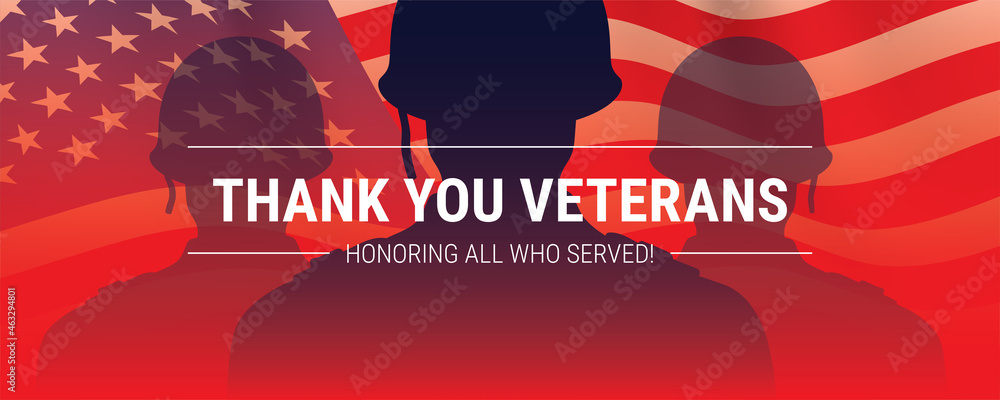
Navigating VA Disability Claims: Insights on the Duty to Assist
Filing a claim for VA disability benefits can be a complex process, often requiring a deep understanding of the system to secure the benefits deserved. Our contributor shares expertise on the VA’s Duty to Assist, a critical component of the claims process, and highlights common pitfalls that may arise.
Understanding the VA’s Duty to Assist
The VA’s Duty to Assist is a legal obligation requiring the Department of Veterans Affairs to help veterans gather evidence to support their disability claims. This duty is foundational to the VA’s commitment to ensuring veterans receive the benefits they are entitled to. Under this obligation, the VA must assist in obtaining relevant records, such as service medical records, private medical records, and other federal documents. Additionally, the VA is required to provide a medical examination or opinion when necessary to substantiate a claim.
For example, if a veteran files a claim for a service-connected condition, the VA is tasked with retrieving their military service records and any relevant medical documentation. If these records are incomplete or additional evidence is needed, the VA must make reasonable efforts to obtain them. In cases where a medical opinion is required to establish a connection between a veteran’s condition and their military service, the VA must arrange for a Compensation and Pension (C&P) exam.
However, the Duty to Assist is not without limitations. The VA is not obligated to assist if a claim is deemed frivolous or if the veteran does not provide sufficient information to move the claim forward. For instance, if a claim lacks a current diagnosis or evidence of an in-service event, the VA may deny assistance, leaving the veteran to navigate the process independently.
Common Challenges with the Duty to Assist
Despite the VA’s obligation, our contributor notes that the Duty to Assist does not always guarantee success. Several issues can arise that hinder the process:
- Incomplete or Inadequate C&P Exams: The VA’s medical examinations are often a critical part of the claims process. However, these exams can sometimes be rushed or conducted by examiners who lack expertise in the veteran’s specific condition. This can lead to incomplete or inaccurate reports that fail to support the claim. Our contributor emphasizes that veterans should be proactive in ensuring their medical evidence is comprehensive and, when necessary, seek private medical opinions to supplement VA exams.
- Difficulty Obtaining Records: While the VA is required to assist in retrieving records, delays or errors in obtaining documents from private providers or other federal agencies can stall a claim. Veterans may need to take an active role in tracking down and submitting records to ensure their claim progresses smoothly.
- Misinterpretation of Evidence: The VA may misinterpret or undervalue evidence submitted with a claim. For example, a veteran’s lay statements about their symptoms or in-service events may be dismissed if not corroborated by medical or service records. Our contributor advises veterans to provide clear, detailed statements and, when possible, work with a reputable VA Claims law firm to ensure evidence is presented effectively.
- Overreliance on the VA: Many veterans assume the VA will handle every aspect of their claim under the Duty to Assist. However, the VA’s efforts are not always exhaustive, and veterans may need to advocate for themselves by submitting additional evidence or appealing unfavorable decisions.
Strategies for Success
To maximize the benefits of the VA’s Duty to Assist, our contributor recommends several strategies to strengthen a claim:
- Be Thorough with Documentation: Veterans should provide as much detail as possible when filing a claim, including specific dates, locations, and descriptions of in-service events or injuries. This helps the VA locate relevant records and reduces the likelihood of delays.
- Supplement with Private Medical Opinions: If a C&P exam is inadequate or does not fully capture the severity of a condition, veterans can obtain independent medical opinions from private doctors. These opinions can bolster a claim and provide additional evidence for the VA to consider.
- Work with Professionals: Navigating the VA claims process can be overwhelming, especially when facing denials or delays. A reputable VA Claims law firm can provide guidance, review evidence, and help veterans appeal unfavorable decisions. Our contributor stresses the importance of seeking experienced legal representation to avoid common pitfalls.
- Stay Proactive: Veterans should regularly check the status of their claim and follow up with the VA if records or exams are delayed. Taking an active role in the process can prevent unnecessary setbacks.
The Importance of Advocacy
The VA’s Duty to Assist is a valuable tool, but it is not foolproof. Our contributor believes that veterans must take an active role in their claims to ensure the best possible outcome. By understanding the VA’s obligations, preparing thorough documentation, and seeking professional assistance when needed, veterans can navigate the system more effectively.
While the Duty to Assist is designed to support veterans, it is not a guarantee of approval. Claims can be denied due to insufficient evidence, procedural errors, or misapplication of VA regulations. In such cases, working with a reputable VA Claims law firm can make a significant difference in appealing a denial or securing a higher disability rating.
Conclusion
The VA’s Duty to Assist is a cornerstone of the claims process, but it comes with challenges that require vigilance and proactive effort from veterans. By understanding the scope of this duty, addressing potential shortcomings, and seeking professional guidance, veterans can improve their chances of a successful outcome. A reputable VA Claims law firm can provide the expertise needed to navigate this complex system and advocate for the benefits veterans deserve.
Disclaimer: Portions of this article, including opinions on the effectiveness of the VA’s Duty to Assist and recommendations for working with legal professionals, are opinionated and reflect the perspective of our contributor. For personalized advice, consult with a qualified VA claims professional or legal representative.
